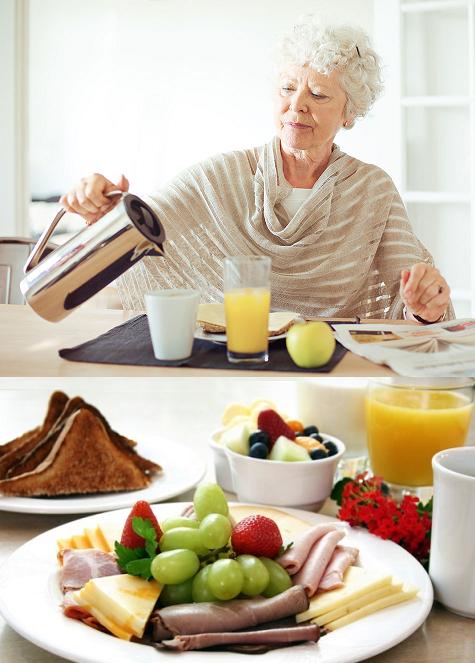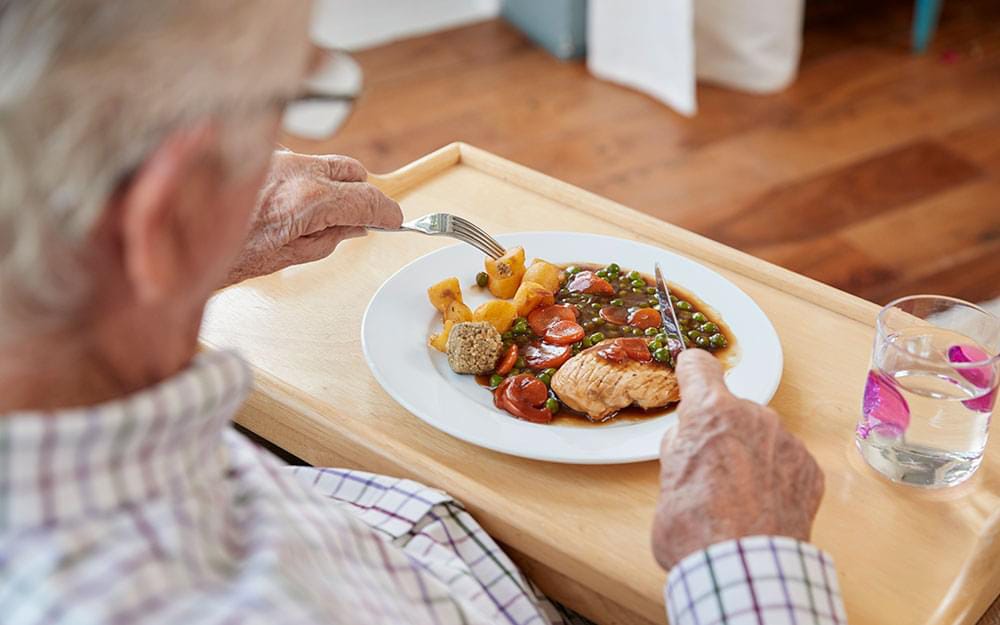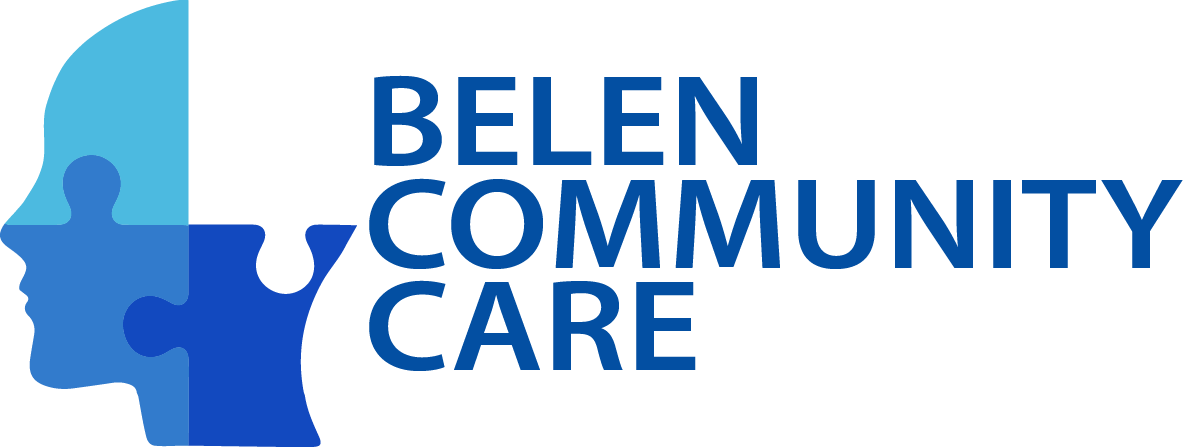
Nobody doubts that breakfast is the most important meal of the day. The need for it to be complete, balanced and provide the energy and vitamins needed to face a new day in the best way. As if that were not enough, in the case of older people, it is vitally important that the first meal that is done immediately after getting out of bed is healthy and appropriate to their physical characteristics. But this is not always the case, many times mistakes are made that make breakfast not very nutritionally correct.
According to data from a study conducted for the United States and Europe, approximately 20% of the population does not eat breakfast daily, a fact that increases with age, since around 30% of adults between 18 and 35 years do not.

What are the consequences in old age when you do not eat breakfast?
In the elderly, the importance of having breakfast is increased more than in other stages of life, due to the fact that it is a phase full of physical changes and greater risks of contracting diseases related to age.
Although many people follow a balanced diet based on their physiological needs or derived from the possible diseases they suffer, there are many food restrictions depending on the risks that could lead to their consumption.
It must be borne in mind that in the third age the sedentary lifestyle is greater and there is a decrease in physical exhaustion, something that is inversely related to the loss of appetite.
This means that the diet of our seniors must be rich in nutrients and vitamins, avoiding the excessive consumption of saturated fats, sugars and calories, as they not only help prevent diseases, but also overweight. That is, away from the routine ultra-processed sweets and sugar mainly.
Is sufficient food adequate to have good health in old age?
Start and continue the day with a good diet, and a balanced diet is not enough to enjoy an iron health at any age. Physical exercise is also essential, a half hour of daily walking is the minimum advisable.
To these two premises we must also add the increase in consumption of foods rich in fiber, reduce caloric intake, know how to combine food products, make strong breakfasts and light dinners, and without forgetting the good habit of making five meals a day.
Thus, for example, a recommended menu for the elderly, which we put into practice every day in Montesalud, is based on:
-Breakfast:
A glass of skimmed milk with whole grains or a skimmed yogurt and a piece of fruit.
-Lunch and snack:
A curd or natural yogurt (without sugar) or a piece of fruit and nuts or combining with whole-wheat toast
-Food and dinner:
Whole wheat pasta, legumes, rice or vegetables, lean meat and fresh fish, as well as soups, purées, tortillas or an egg-based dish.
This composition can vary every day, but it is very important that the diet corresponds to the needs of each person, without skipping any of the recommended daily meals, attending, in addition, to each season of the year and according to the nutrients and vitamins that each one contributes.

if you want to know more information visit our social networks @adultcounselingcenter99
Leave a reply










Leave a reply